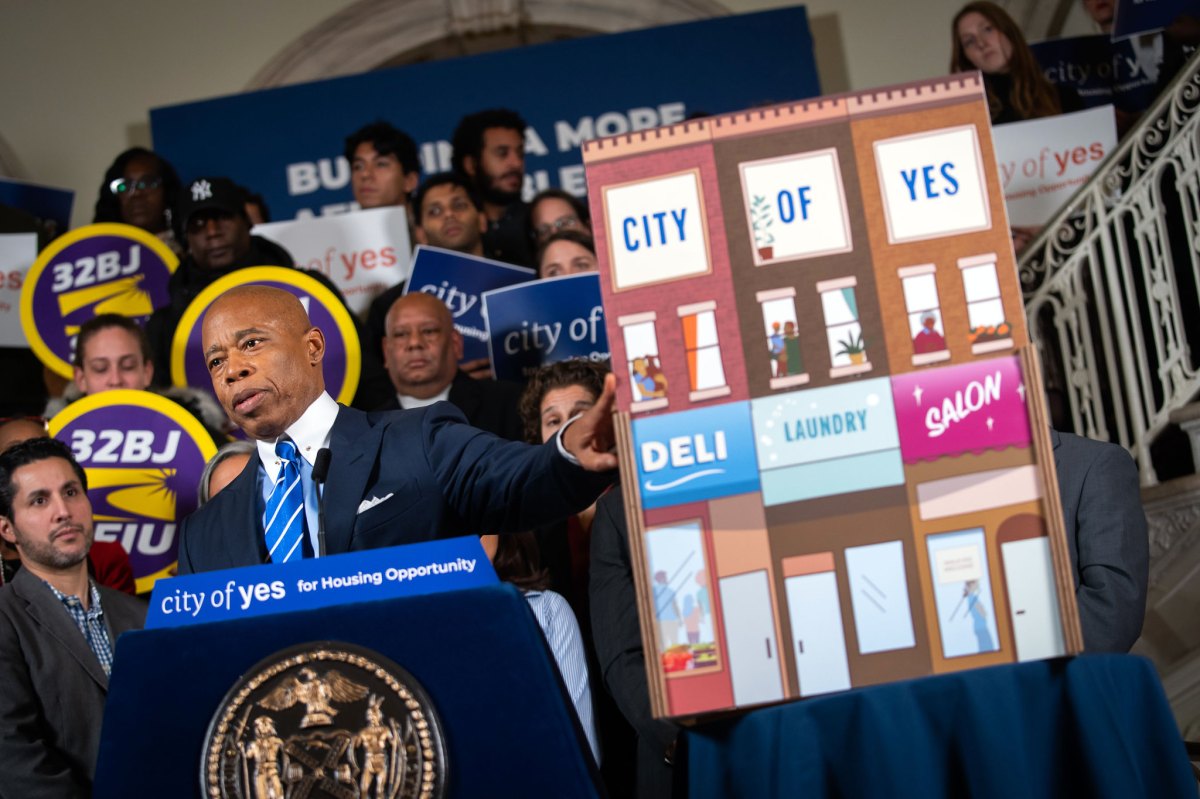A rent credit may seem like the silver lining if doormen and other building workers go on strike next month, but don’t count on it. It’s highly unlikely your landlord will cut you a deal because of a work stoppage out of his control, our experts say.
“Typically there is no break on rent if there is a strike,” says Roberta Axelrod, director of residential sales and marketing at Time Equities, who sits on numerous co-op boards as a sponsor’s representative.
Officials from 32BJ, the union that represents doormen, porters, handymen and superintendents across the city, and the Realty Advisory Board on Labor Relations, the group that represents property managers and building owners, are in the midst of hammering out a new labor contract.
The current agreement, brokered in 2010, is set to expire at midnight on April 20. If the two sides can’t reach a deal, some 3,000 rental, condo and co-op buildings will be affected, causing a range of hassles for residents.
But that doesn’t mean you’ll get a break on rent, and here’s why.
First, the absence of a doorman is not your landlord’s fault.
“Strikes are usually addressed in most residential leases as a ‘force majeure’ event that generally excludes owners from any liability associated therewith,” says attorney Terry Oved, who heads up the real estate department at Oved & Oved.
And second, it’s likely the landlord will arrange for a substitute, whether that’s a volunteer from the building or an outside security company, says Aaron Shmulewitz, a real estate attorney at Belkin Burden Wenig & Goldman.
To be fair, not everyone we spoke to agreed that tenants would be out of luck. James Fishman, a tenant’s lawyer at Fishman & Mallon, noted that it might be possible to get a rent abatement through a lawsuit.
“The courts have long held that a landlord breaches the warranty of habitability if it fails to provide required services, even if it’s the result of a labor strike,” Fishman says. “A breach of the WOH can result in a rent abatement if a case is brought in court.”
Whether it would be worth the money and hassle is a different question.
In any event, it’s anyone’s guess whether the union will actually strike.
Oved, for one, isn’t expecting to see any picket lines. “This is not a reflection of the bargaining position between the parties but rather an assessment of the realities of New York City apartment building life,” he says.
Owners, managing agents and boards rely heavily on doormen, and a strike would cause “a significant interruption in the daily lives” of buildings residents, he says. “Similarly, many of the unionized doormen, fully aware that in this uncertain economic climate, the positions that they hold are highly coveted and prized, are similarly not motivated to strike if they can negotiate for, and obtain, certain cost of living increases.”
In almost all previous contract talks, negotiations came down to the wire, and this time around the deadline happens to fall in the middle of Easter and Passover, Shmulewitz notes.
“At this time it would appear the union is prepared to strike,” says Axelrod, “but … we probably won’t know for sure until after midnight of the current contract expiration.”
Leigh Kamping-Carder is a senior editor at BrickUnderground.com, the online survival guide to finding a NYC apartment and living through the aftermath. To see more expert answers or to ask a real estate question, click here.






































